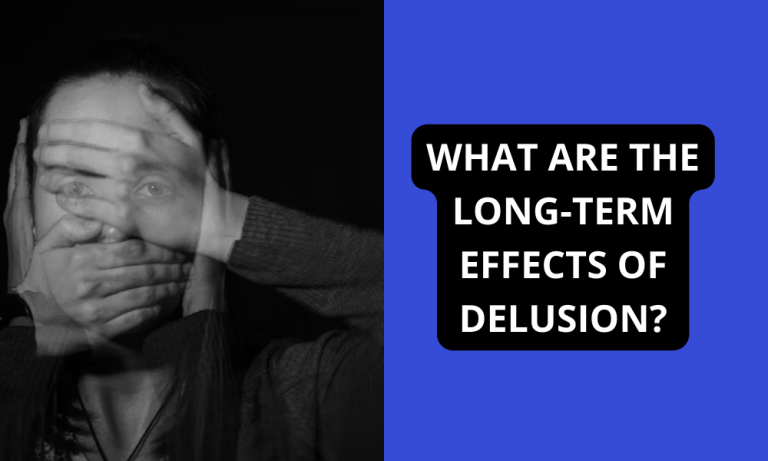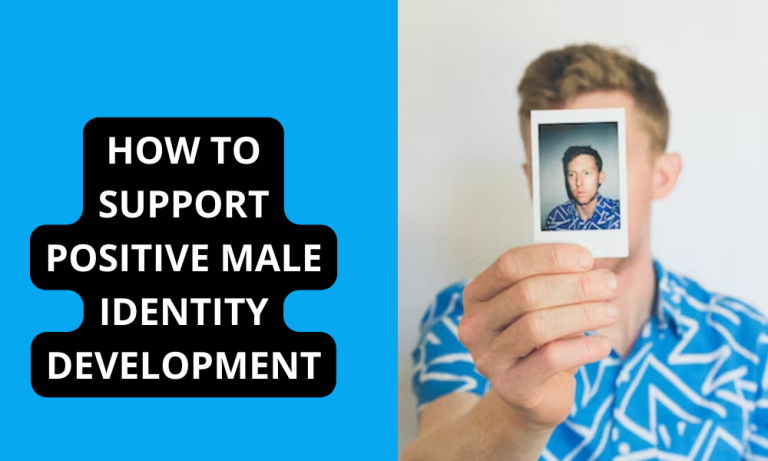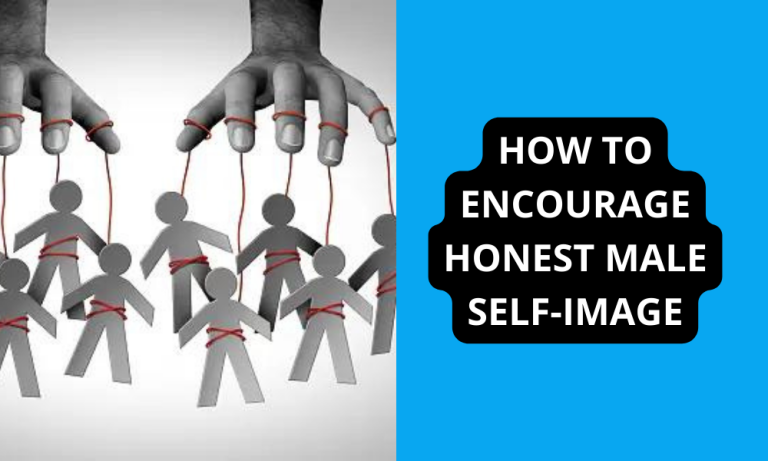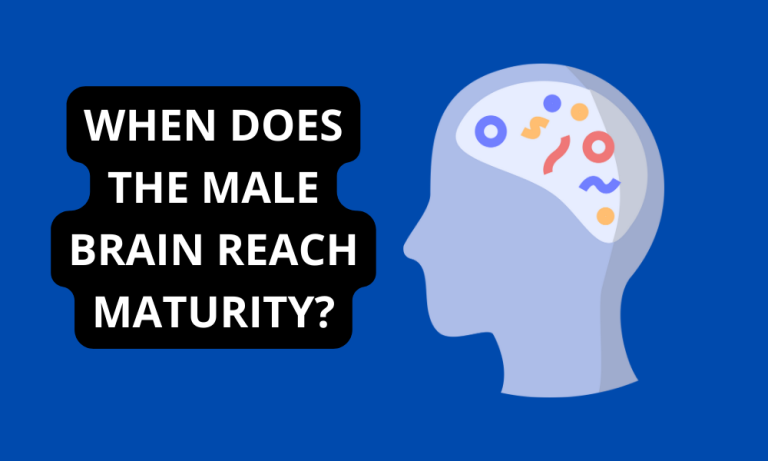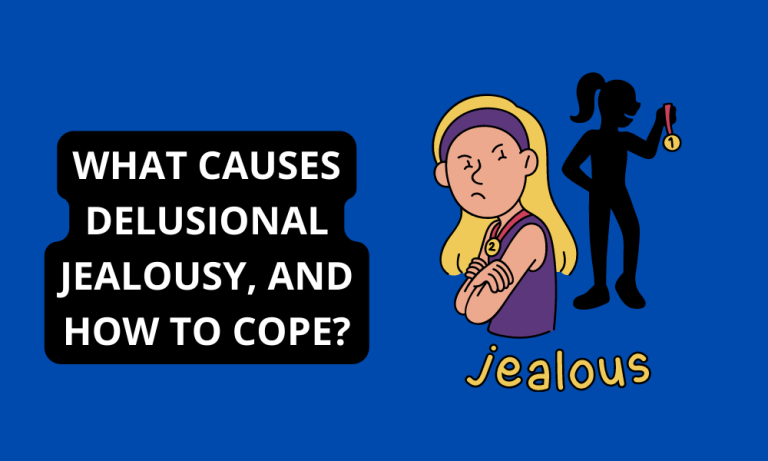How to Address Delusion Related Anxiety?
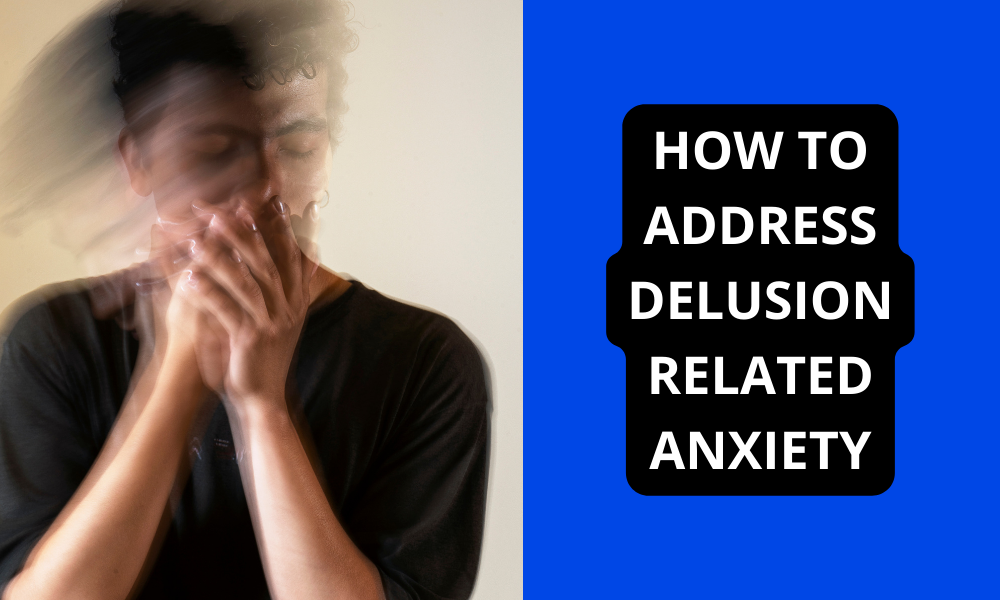
Delusions can cause a great deal of distress and anxiety. If you experience delusional thoughts, you may find yourself constantly worrying about their accuracy or implications. However, there are a number of effective strategies you can use to reduce anxiety related to delusions. As someone who has personally dealt with delusion-related anxiety, I want to share what has worked for me in the hopes that it provides you with relief and empowerment.
Understanding the Relationship Between Delusions and Anxiety
It is important to first recognize the close link between delusions and anxiety. Delusional thoughts tend to involve exaggerated fears or beliefs that something threatening is happening or will happen. This can activate the body’s innate fight-or-flight response, resulting in anxiety symptoms like muscle tension, rapid heartbeat, and worrying thoughts.
At the same time, anxiety alone can distort one’s thinking and perceptions, thereby fueling delusional ideas. It becomes a self-perpetuating cycle where delusions increase anxiety and anxiety exacerbates delusions. Breaking this cycle is key to overcoming delusion-related anxiety.
Challenge Delusional Thoughts Through Reality Testing
One of the most effective strategies is to challenge delusional thoughts by engaging in reality testing. You may find yourself utterly convinced that your delusional beliefs are true. However, delusions by definition do not align with objective reality. I encourage you to take a step back and question the evidence supporting your delusional thoughts. Some questions to consider include:
- How likely is it? Delusional beliefs often involve very unlikely events. Ask yourself to rate the probability of your delusional thought being true on a scale from 0-100%. Anything under 50% likely requires further scrutiny.
- What is the evidence? Delusions are maintained in the absence of proof. What actual evidence is there to support your belief? Lack of evidence suggests it may be delusional.
- Ask others. Getting objective input from trusted friends or professionals can help weigh a delusional thought against reality. Are others experiencing the same phenomenon?
- Consider alternative explanations. Delusional explanations are often less plausible than simpler, non-delusional possibilities. What are some other ways to understand your experiences that do not involve delusional beliefs?
Regularly questioning and delusional testing thoughts help reduce both their conviction and associated anxiety over time. You gain a stronger sense of what is objectively real versus what is distorted by mental illness.
Manage Anxiety Without Delusional Thoughts
Another strategy is to directly target your anxiety without engaging with the delusional content. This prevents getting stuck in upsetting thought patterns fueled by delusions. Some options for reducing anxiety without validating delusional ideas include:
- Relaxation exercises: Techniques like deep breathing, meditation, yoga or progressive muscle relaxation counteract the fight-or-flight response of anxiety.
- Cognitive restructuring: Recognize and dispute anxious thoughts not related to delusions, such as fears of failure or social rejection.
- Distraction: Engage in hobbies, social activities or other tasks to refocus attention away from anxiety-provoking thoughts.
- Self-care: Make sure to meet your basic needs through healthy eating, exercise, sleep and limiting substance use. Well-being helps regulate emotions.
- Social support: Spending time with caring people provides a buffer against anxiety. Talk to others you trust about non-delusional topics and concerns.
By targeting anxiety itself rather than delusional ideation, you short-circuit the cycle between them. This gives your mind and body a chance to calm down outside the distress of delusional preoccupations.
Know When To Seek Professional Help
If attempts to control delusional thoughts and anxiety on your own are not effective, it’s important to seek help from mental healthcare providers. As someone who has dealt with these issues, I know it can be difficult to take that step. However, professional treatment truly makes a difference. A few signs it’s time to reach out include:
- Delusions or anxiety is severely impairing your daily functioning.
- Challenging delusional thoughts on your own is not reducing conviction or anxiety levels over time.
- Delusional or very disturbed thinking emerges that was not present before.
- You experience suicidal or dangerous thoughts related to delusions.
Mental health professionals can offer further explanations, prescribe medications as needed to reduce symptoms, and provide talk therapies particularly suited to delusional disorders. Their guidance and support helped me gain far greater control over my delusional thoughts and distress. Recovery is very possible with appropriate clinical help.
Managing Setbacks and Relapses
Learning to cope with delusion-related anxiety is an ongoing process where setbacks may occur. It’s important to not feel defeated if symptoms temporarily worsen or delusional ideas re-emerge during stressful times. Here are a few tips for bouncing back:
- Stick to your coping plan. Review effective techniques you’ve learned and keep practicing them even when not feeling 100%.
- Don’t isolate. Maintain contact with your supportive network who can offer encourage and help get you back on track sooner.
- Get right back to reality testing. When delusions re-emerge, thoroughly questioning their validity can help nip them in the bud before anxiety spirals again.
- Address lifestyle triggers. Stress, lack of sleep and substance abuse are common precipitants – make adjustments to minimize vulnerability.
- Consult your treatment team. A call to your therapist or doctor can help strategize how to regain control over delusional ideation and stress in the short-term.
With the right strategies and support system, setbacks need not derail your long-term progress. By not getting discouraged, you quickly bounce back stronger than before.
Other Tips For Your Toolkit
Beyond the core strategies outlined above, some other recommendations for reducing the toll of delusion-related anxiety include:
- Journaling: Writing down your thoughts and thought processes. This allows you retrospectively evaluate cognitions from a less emotional state.
- Psychoeducation: Learn about your diagnosis and treatments to feel empowered rather than helpless against symptoms. An informed mind fights stigma too.
- Thought records: Record automatic thoughts connecting events to paranoid interpretations. Then note rational alternatives and rate distress before/after challenging thoughts.
- Self-affirmations: Using positive phrases daily like “I am in control of my recovery.” This boosts resilience and coping efficacy over time.
- Mindfulness: Staying present and non-judgmentally observing thoughts promotes decentering from delusional ideation and associated distress.
The more techniques you add to your personal wellness toolbox, the better equipped you become to handle anxiety flare-ups from any source, including delusional thinking. Health conquers all with a comprehensive strategy and devotion to your healing journey.
FAQs About Delusion-Related Anxiety
Here are some common questions people have about dealing with anxiety fueled by delusional thoughts:
What if reality testing increases my anxiety?
Some initial skepticism is normal, but testing delusions should reduce anxiety over time by diminishing belief in threats. If concern grows, take a break and use other anxiety coping tools first before resuming reality checks.
Can medication help my anxiety around delusions?
A: Absolutely. Talk to your psychiatrist about any antidepressants, anti-anxiety medications or antipsychotics that block certain receptors involved in symptoms like delusions and psychological distress. Medication combined with therapy are often most effective.
How do I know if anxious feelings are delusion-related or not?
A: Distinguishable anxiety has causes in the real world, like relationships, work or health issues. Delusion-based anxiety centers around implausible perceived threats. If anxiety persists after reality testing delusions, consider it may not be entirely delusion-driven. Target other stressors too.
Conclusion
Overcoming anxiety fueled by delusional thoughts is indeed achievable through diligent use of cognitive, behavioral and lifestyle interventions. Approaching your unique manifestations of the condition with compassion, patience and curiosity helps reduce stigma against yourself.
Seek help without delay for severe, worsening or dangerous symptoms from knowledgeable professionals. Most importantly, realize one temporary setback does not erase a lifetime of growth – each day using your new skills moves you further from delusion and closer to living freely from anxiety and wellness.

